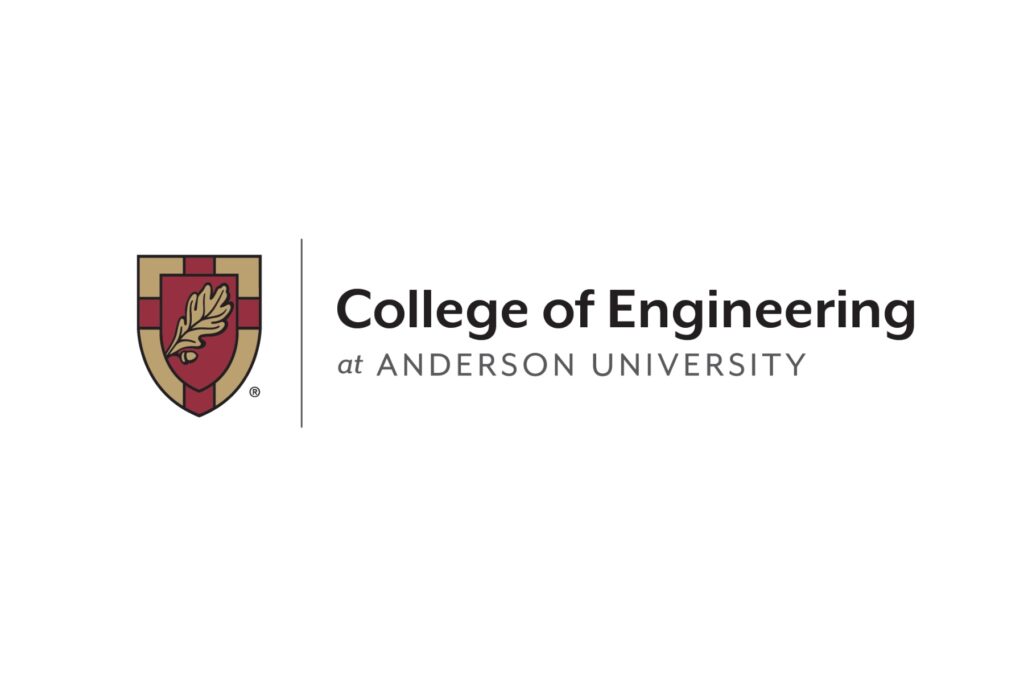Dr. James Wanliss, a professor in the Anderson University College of Engineering received a National Science Foundation (NSF) competitive research award that provides $105,602 over the next year to fund a research lab devoted to space weather.
This funding is something of a first for Anderson University and it opens doors to future research possibilities for faculty and students.
Anderson University College of Engineering Dean Dr. Lisa Zidek is excited about the funding and how it will impact students in the future.
“In many other institutions you wouldn’t be working in a lab like this unless you were a graduate student with an NSF grant; this is an amazing opportunity for students,” Dr. Zidek said.
The major thrust of the new lab, called LAUCATED (Lab at AU for Complex and Turbulent Engineering Dynamics), is characterization and modeling of space weather and complex fluid dynamics.
“Space weather is a range of electromagnetic and plasma fluid phenomena originating on the sun which influence communications, electric power stability, satellite operations and a host of other systems,” said Dr. Wanliss. “At its worst, space weather can even damage satellites and cause electrical blackouts on Earth.”
LAUCATED will employ students in various majors doing work on space weather, earthquake monitoring, signal processing, machine jitter, fluid turbulence, machine learning and biomedical research. There will also be scholarship and travel opportunities for students.
NASA produced a video that explains space weather.

